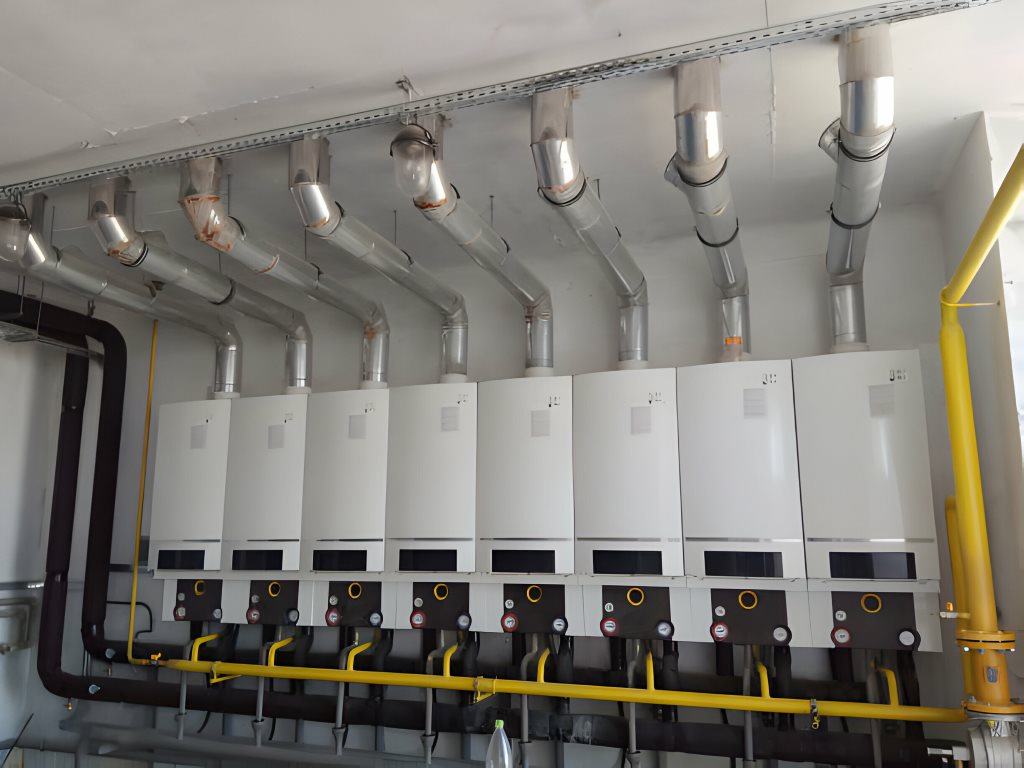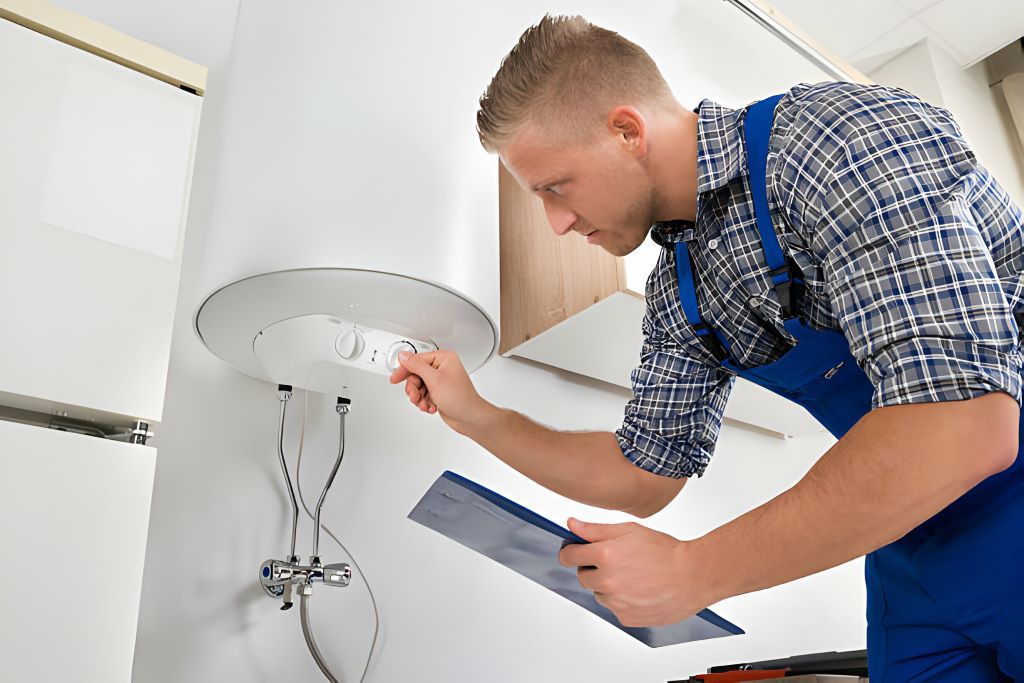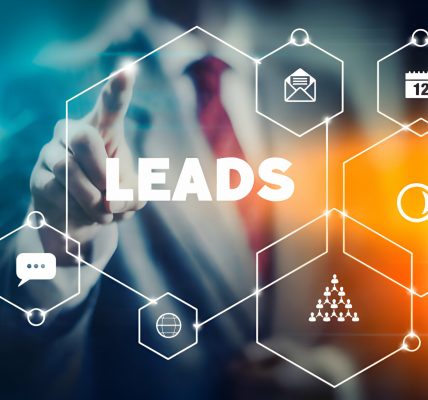In the paced world of business every small improvement matters. One aspect that is often overlooked but can have an impact on productivity is the efficiency of water heating systems in settings. From hotels and restaurants to manufacturing plants, having a reliable and efficient water heating infrastructure is crucial for success.
In this article we will explore the aspects of how top-notch water heaters can enhance business productivity.
The Importance of Hot Water in Business Operations
- The Role of Hot Water in Different Industries: Water is not a luxury it’s an absolute necessity in numerous industries. Whether it’s providing living spaces in hotels or ensuring food safety in restaurants, hot water plays a role. Understanding how hot water is utilized across sectors helps us recognize its significance in business operations.
- Challenges Faced by Inefficient Water Heating Systems: When water heating systems are inefficient they bring about a series of challenges. These challenges range from increased costs to customer dissatisfaction posing hurdles for businesses that rely on them. Identifying and addressing these challenges is the step towards improving efficiency.

Selecting the Appropriate Water Heater for Your Business
- Understanding Your Business-Specific Needs: Choosing the water heater begins with an understanding of your business’s unique requirements.
- Factors such as the demand for water during peak times, the desired temperature, and the size of the facility are factors to consider. It’s crucial to understand that a one-size-fits-all approach doesn’t work when it comes to water heating.
- Energy-Efficient Options: Investing in water heaters that are energy efficient not only helps reduce costs but also aligns with sustainability goals. We’ll delve into the energy options available in the market and discuss how they can contribute to long-term savings.
- Scalability and Future Growth: Businesses are dynamic which means that water heating systems should have scalability to accommodate growth. Choosing a system that can adapt to increasing demand without requiring changes is vital for maintaining efficiency in the run.
Energy Efficiency and Cost Savings
- Impact on Utility Bills: One major advantage of using water heaters is their impact on utility bills. In this section, we’ll analyze the cost savings that businesses can achieve by adopting energy solutions for water heating.
- Rebates and Incentives: Both government entities and industry associations often provide incentives or rebates, for businesses that implement energy technologies. We’ll explore these opportunities making a case for businesses to consider making the switch.
- Long-Term Financial Benefits: Though the initial investment in high-efficiency water heaters may appear significant the term financial advantages greatly outweigh the costs. We examine the benefits in detail emphasizing the significance of a forward-thinking approach.

Technology Trends in Commercial Water Heaters
- Smart Water Heaters: The integration of technology into water heaters is revolutionizing how businesses manage their hot water systems. We explore the features and advantages of water heaters ranging from monitoring to predictive maintenance.
- Integration with Building Management Systems: In this era of interconnected systems combining water heaters with building management systems enhances efficiency. We delve into how seamless integration can optimize energy usage and enhance building performance.
- Sustainable Heating Solutions: As sustainability becomes a priority for businesses we analyze the advancements in eco-friendly heating solutions. From solar-powered water heaters to heat recovery systems businesses have an array of options to choose from.
Installation and Maintenance Considerations
- Professional Installation vs DIY: The significance of installation cannot be overstated. We discuss the challenges associated with a do-it-yourself approach. Highlight the advantages of entrusting installation to experienced professionals.
- Ensuring Performance through Regular Maintenance: To keep your water heaters running efficiently regular maintenance is crucial. In this section, we provide a guide on the maintenance practices that businesses should follow to ensure their water heaters function optimally for their entire lifespan.
- Success Stories of Businesses Thriving with Efficient Water Heaters: In this section, we delve into real-life case studies of how top hotels utilize water heaters to elevate the guest experience, reduce costs, and maintain an edge in the industry.
- Hotel and Hospitality Sector: We examine how leading hotels leverage water heaters to enhance guest experiences while simultaneously cutting down on expenses and staying ahead in a competitive market.
- Restaurants and Food Services: This part highlights the role of water in food service establishments and demonstrates how efficient water heaters contribute to both food safety and operational efficiency within these establishments.
- Manufacturing and Industrial Facilities: Here we explore how manufacturing plants benefit from employing water heating systems that meet production requirements and comply with industry regulations.

Impact and Corporate Responsibility
- Embracing Eco-Friendly Water Heating Solutions: As businesses increasingly prioritize eco practices we delve into how adopting friendly water heating solutions contributes to a company’s environmental goals.
- Corporate Social Responsibility Initiatives: Efficient water heating is not merely a business decision; it represents responsibility well. We discuss ways for businesses to integrate water heating efficiency into their social responsibility initiatives.
- Achieving Green Building Standards: As the importance of building standards continues to grow we delve into how the effectiveness of water heaters plays a role in meeting and upholding these standards.
Challenges and Solutions for Improving Water Heater Efficiency
- Barriers to Implementation: Recognizing and overcoming the obstacles that businesses encounter when incorporating water heaters, such as expenses and opposition from stakeholders.
- Addressing Resistance to Change: Change is often met with resistance. We provide strategies to tackle resistance and foster a transition towards efficient water heating systems.
- Compliance with Regulations and Standards: Navigating the landscape of compliance within the water heating industry while ensuring that businesses adhere to all required standards.
Future Outlook Innovations in Water Heating Technology
- Hydrogen Powered Water Heaters: Exploring the potential of utilizing hydrogen-powered water heaters and their significance in a future where clean energy sources take precedence.
- Advancements in Heat Pump Technology: Analyzing the progressions in heat pump technology and their impact on enhancing the efficiency of water heating systems.
- Integration of Artificial Intelligence into Water Heating Systems: Examining how artificial intelligence plays a role in optimizing water heating systems ranging from maintenance practices to adaptive temperature control mechanisms.
Conclusion
To conclude, ensuring that water heaters operate with efficiency is a factor contributing to improved business productivity. To fully grasp the importance of using water, selecting systems keeping up with technological advancements, and overcoming obstacles businesses have the opportunity to not only enhance productivity but also make a positive impact on the environment.






